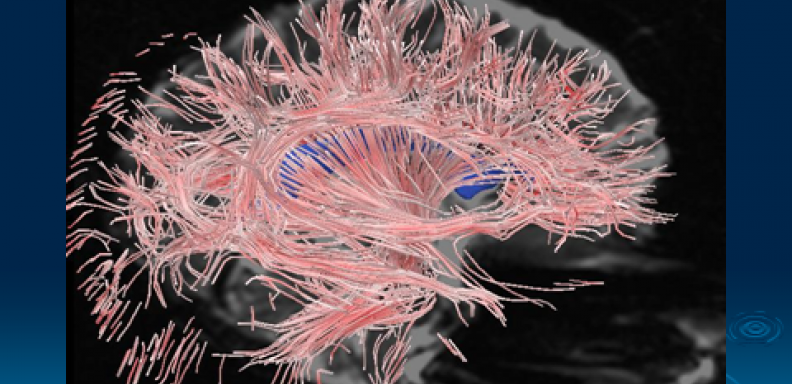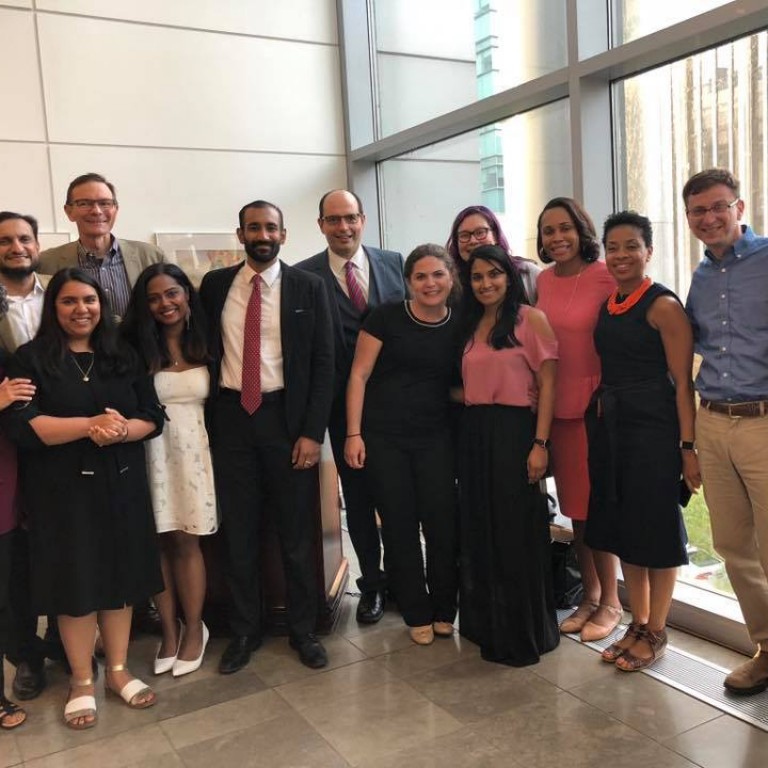Summary: Researchers shed light on MDMA’s potential to foster feelings of connection in controlled environments. Their study reveals that individuals on MDMA or methamphetamine felt more connected during conversations compared to those on a placebo.
Surprisingly, the feelings of closeness induced by methamphetamine did not relate to oxytocin levels. This discovery underscores the potential for MDMA to augment traditional psychotherapy, particularly for PTSD.
Key Facts:
- Volunteers on MDMA felt more connected during conversations than those on a placebo, and this feeling was positively correlated with oxytocin levels.
- Methamphetamine, distinct from MDMA, also induced feelings of connection, but these feelings weren’t linked to oxytocin levels.
- The empathogenic effect of MDMA can potentially enhance the psychotherapy process, fostering deeper patient-therapist bonds.
Source: University of Chicago
MDMA, commonly known as ecstasy, is a recreational psychedelic drug often used at parties and dance clubs because it creates feelings of closeness and social connection with others. Because of this “empathogenic” effect, researchers are also interested in its potential use as a complement to traditional talk therapy. In fact, two recent successful clinical trials support the use of MDMA-assisted therapy as a treatment for post-traumatic stress disorder (PTSD).
Researchers at the University of Chicago published a study in Scientific Reports on September 22, 2023, that looked more closely at the pharmacological effects of MDMA and how it influences social interactions.
In a series of carefully controlled experiments in a laboratory setting, they found that volunteers who took MDMA reported feeling significantly more connected to a conversation partner, compared to partners they conversed with after taking a placebo.
Surprisingly, volunteers who took methamphetamine, a stimulant not known for empathogenic effects that acts on a slightly different receptor in the brain, also reported similar feelings of connectedness as MDMA.
“MDMA increased feelings of connection, or feeling in sync with their partner, and how meaningful the conversation was relative to when they took a placebo,” said Hanna Molla, PhD, a postdoctoral fellow in the Department of Psychiatry and Behavioral Neuroscience at UChicago and first author of the new study.
“But interestingly, we found the same exact effect with methamphetamine. Pharmacologically, there are distinctions between the drugs, so there might be some differences in terms of the underlying mechanisms to how these drugs produce feelings of closeness.”
Molla works in the lab of Harriet de Wit, PhD, Professor of Psychiatry and Behavioral Neuroscience at UChicago and senior author of the paper, where their team studies how different drugs affect social interactions. The new study paired healthy, adult volunteers with a partner they had never met.
During some sessions, they were given a 100 mg dose of MDMA in a capsule; other times they were given a placebo. The experiment took place under double blind conditions (i.e. they didn’t know what drug they received), to minimize the influence of expectancies.
Next, the volunteers proceeded to have a structured conversation with their partner. The researchers gave them question prompts intended to start casual conversations about favorite TV shows or favorite holidays, nothing to encourage deep or particularly emotional responses.
The researchers also conducted a similar experiment with methamphetamine (20 mg dose). While this drug is commonly known for its abuse potential, it is also clinically prescribed in small amounts to treat conditions such as narcolepsy and attention deficit hyperactivity disorder (ADHD). In terms of receptor actions in the brain, methamphetamine has both similarities and differences from MDMA.
In the studies for both drugs, the volunteers were asked to rate the overall qualities of their partner and the conversation. The researchers also collected saliva samples to measure levels of oxytocin, a hormone associated with strengthening social bonds between people.
Volunteers who received MDMA reported feeling more connected and having more positive feelings about their conversation partners. The drug also increased their levels of oxytocin, which had a positive relationship with how close they felt to their partners.
Volunteers who received methamphetamine reported similar feelings of closeness with their conversation partners, but these feelings were not related to their oxytocin levels.
Researchers who study MDMA believe one way it could enhance traditional psychotherapy is by increasing the connection between a patient and their therapist, facilitating conversations and helping the patient feel more comfortable about opening up and exploring their emotions.
“When we see that a drug like MDMA is used in a recreational setting, it may be because people believe it makes them more connected. As researchers, we’re interested in what psychological components are involved. Everything we’ve seen with MDMA in controlled laboratory studies suggests that these effects would facilitate psychotherapy and make the process go better,” de Wit said.
“There may be different ways to get people to feel more connected, one mediated by oxytocin as with MDMA, and the other mediated by something else. But it may be that just getting people to talk and have a long conversation makes them feel connected with each other.”
Funding: Research reported in this press release was supported by the National Institute on Drug Abuse of the National Institutes of Health under award number R01DA002812. Additional authors include Royce Lee from the University of Chicago and Sonja Lyubomirsky from the University of California, Riverside. The content is solely the responsibility of the authors and does not necessarily represent the official views of the National Institutes of Health.
About this psychopharmacology research news
Author: Ashley Heher
Source: University of Chicago
Contact: Ashley Heher – University of Chicago
Image: The image is credited to Neuroscience News
Original Research: Open access.
“Drug-induced social connection: both MDMA and methamphetamine increase feelings of connectedness during controlled dyadic conversations” by Harriet de Wit et al. Scientific Reports
Abstract
Drug-induced social connection: both MDMA and methamphetamine increase feelings of connectedness during controlled dyadic conversations
MDMA is a stimulant-like drug with distinctive empathogenic effects. Its pro-social effects, such as feelings of connectedness, may contribute to both its popularity as a recreational drug and its apparent value as an adjunct to psychotherapy.
However, little is known about the behavioral processes by which MDMA affects social interactions. This investigation examined the effects of MDMA (100 mg versus placebo; N = 18) on feelings of connectedness with an unfamiliar partner during a semi-structured casual conversation.
A separate study examined the effects of a prototypic stimulant methamphetamine (MA; 20 mg versus placebo; N = 19) to determine the pharmacological specificity of effects. Oxytocin levels were obtained in both studies.
Compared to placebo, both MDMA and MA increased feelings of connection with the conversation partners. Both MDMA and MA increased oxytocin levels, but oxytocin levels were correlated with feeling closer to the partner only after MDMA.
These findings demonstrate an important new dimension of the pro-social effects of MDMA, its ability to increase feelings of connectedness during casual conversations between two individuals. Surprisingly, MA had a similar effect.
The findings extend our knowledge of the social effects of these drugs, and illustrate a sensitive method for assessing pro-social effects during in-person dyadic encounters.
Join our Newsletter
I agree to have my personal information transferred to AWeber for Neuroscience Newsletter ( more information )
Sign up to receive our recent neuroscience headlines and summaries sent to your email once a day, totally free.
We hate spam and only use your email to contact you about newsletters. You can cancel your subscription any time.
TAGS
BRAIN RESEARCHCONVERSATIONSMDMANEUROBIOLOGYNEUROSCIENCEPSYCHOLOGYPSYCHOPHARMACOLOGYUNIVERSITY OF CHICAGO
SHARETWEETSHARESHARESUBMITEMAIL
Neuroscience News posts science research news from labs, universities, hospitals and news departments around the world. Science articles cover neuroscience, psychology, AI, robotics, neurology, brain cancer, mental health, machine learning, autism, Parkinson's, Alzheimer's, brain research, depression and other sciences.



